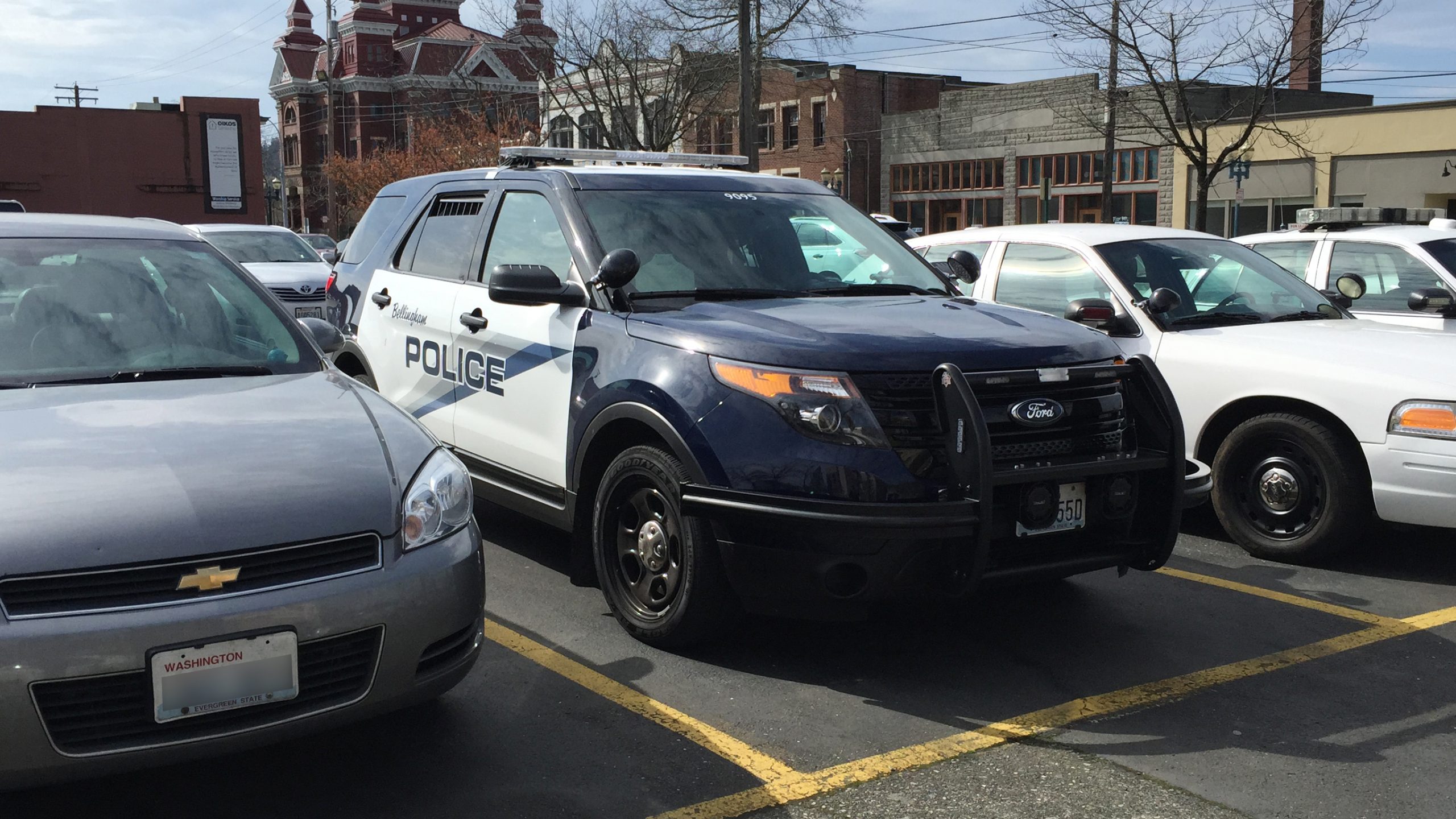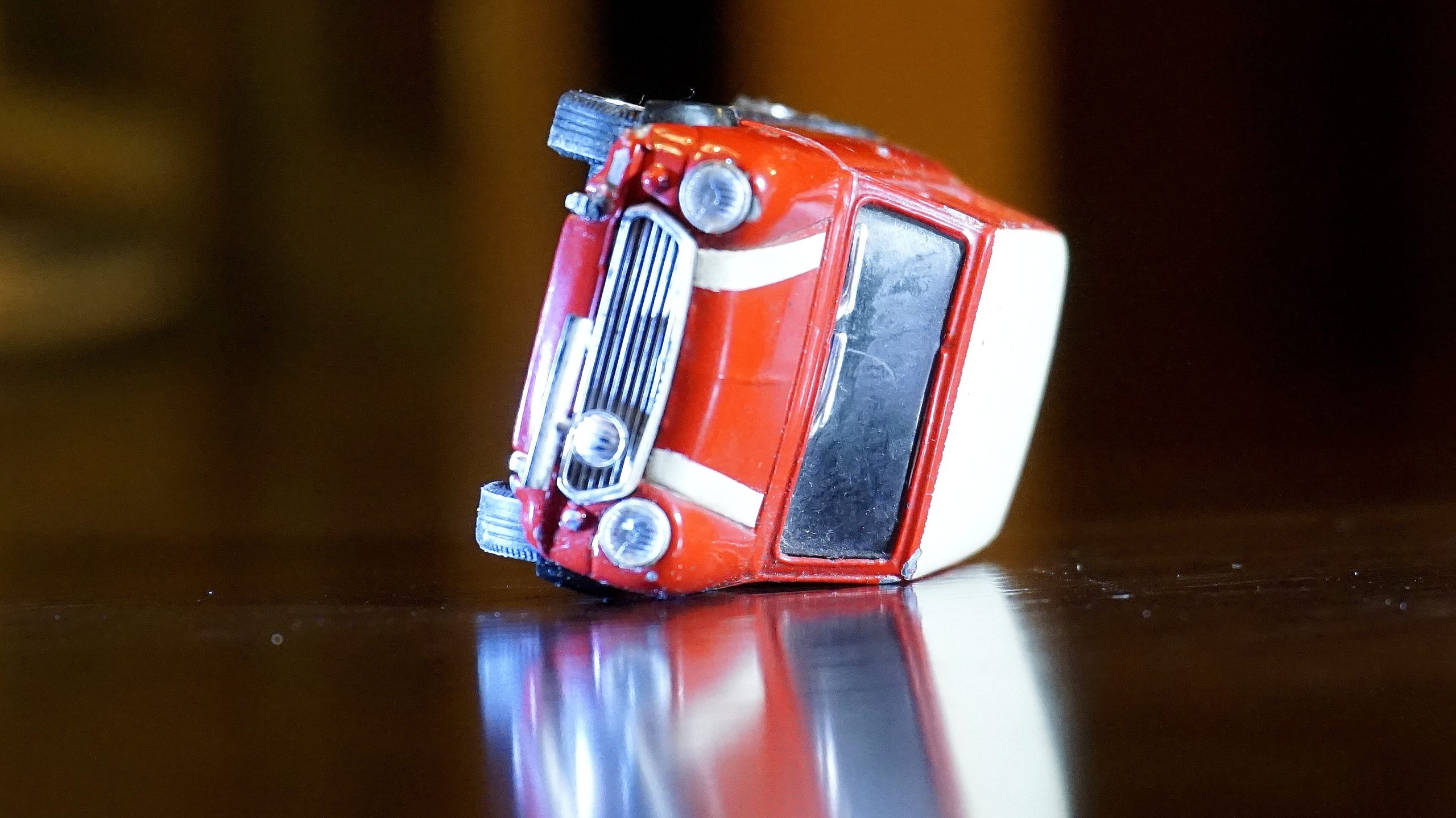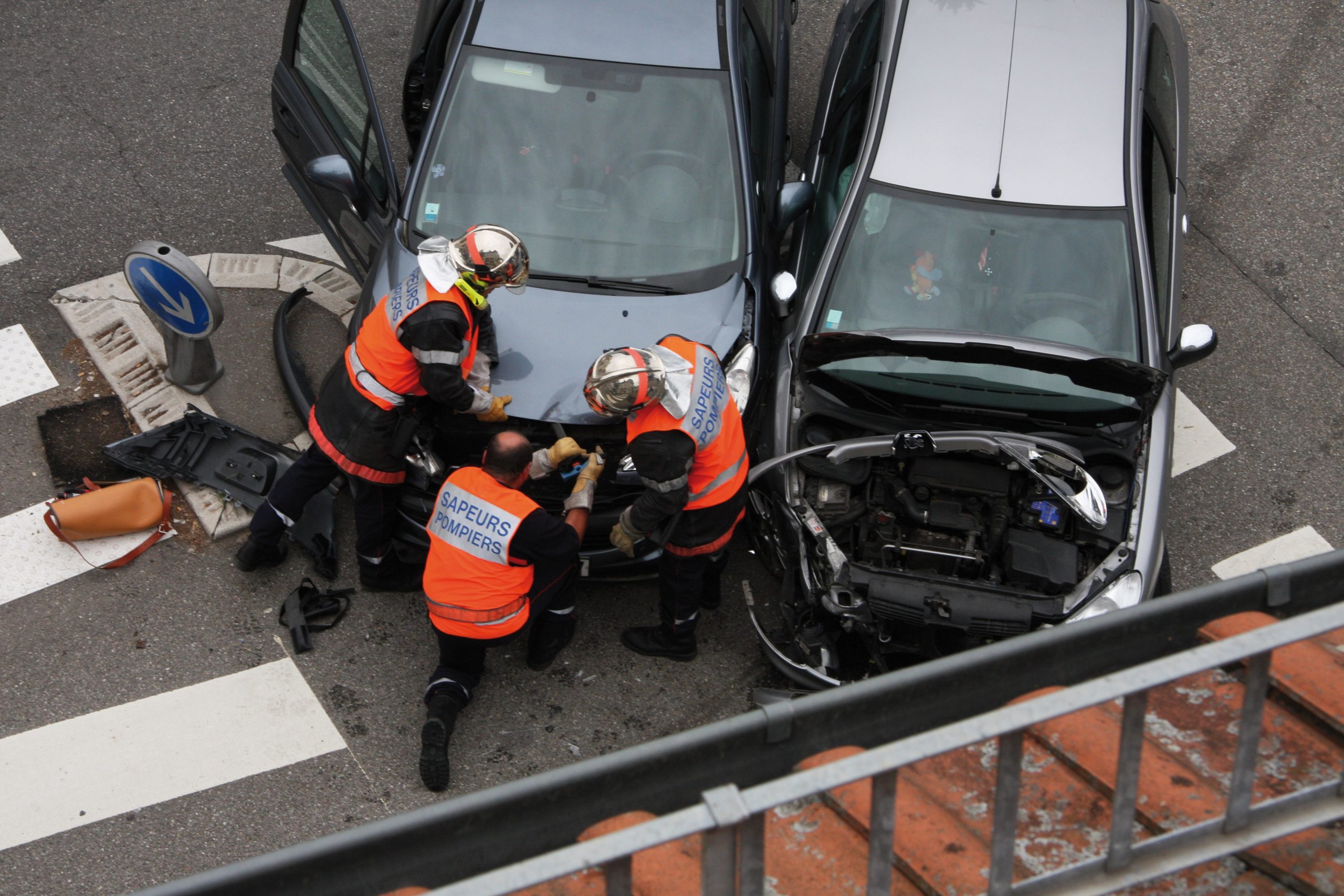 Although you may be excited if you are awarded damages at trial, your award might still face a challenge on appeal. Therefore, when you are involved in a trial for an accident in which you were harmed, it is important to understand what evidence you need to present so that any money you are awarded can survive a challenge on appeal.
Although you may be excited if you are awarded damages at trial, your award might still face a challenge on appeal. Therefore, when you are involved in a trial for an accident in which you were harmed, it is important to understand what evidence you need to present so that any money you are awarded can survive a challenge on appeal.
While driving a Honda Accord in Ascension Parish, Louisiana, Juliet All was hit by a Chevrolet Silverado Austin Tynes was driving after he did not stop at a stop sign. As a result, All’s vehicle was knocked into a ditch. All received medical treatment at St. Elizabeth Hospital and was diagnosed with chest pain and neck strain. When her pain did not go away, she went to an orthopedic surgeon for treatment, who diagnosed her with whiplash and cervical spine injury, including injury to her soft tissue.
All filed a lawsuit against Tynes and Safeco Insurance Company, who insured him. The parties agreed that Tynes was solely responsible for the accident and had insurance coverage from Safeco when the accident occurred. They also stipulated that All’s damages would not exceed $50,000. At trial, All was awarded $66,000 in damages. This was reduced to $50,000 because of the parties’ stipulation. Safeco and Tynes appealed, arguing that the trial court abused its discretion in awarding All $50,000 in general damages because her injuries were minimal and of short duration.
 Insurance Dispute Lawyer Blog
Insurance Dispute Lawyer Blog



 When you receive a final judgment from the trial court, you focus on the case’s outcome. However, if you want to appeal that judgment, it is essential to understand what language is needed in the final judgment to appeal it. If this language is not included, you might be in a situation similar to Marvin Beaulieu, whose appeal was dismissed.
When you receive a final judgment from the trial court, you focus on the case’s outcome. However, if you want to appeal that judgment, it is essential to understand what language is needed in the final judgment to appeal it. If this language is not included, you might be in a situation similar to Marvin Beaulieu, whose appeal was dismissed. Insurance claims can be tricky, especially when multiple parties and contracts are involved. What happens, for example, when one insurance company claims they are not responsible for payment after a catastrophic event resulting in lost lives? The following Terrebonne Parish case follows this exact scenario.
Insurance claims can be tricky, especially when multiple parties and contracts are involved. What happens, for example, when one insurance company claims they are not responsible for payment after a catastrophic event resulting in lost lives? The following Terrebonne Parish case follows this exact scenario.  Random drug testing is common practice for certain jobs. What remedy does a police officer have when he takes a morphine pill for pain and is randomly selected for a drug test the following day when he comes into work?
Random drug testing is common practice for certain jobs. What remedy does a police officer have when he takes a morphine pill for pain and is randomly selected for a drug test the following day when he comes into work? Simple driving accidents happen every day due to lapses in inattention. The results of these lapses can have devastating consequences. Whose is at fault in an accident when both parties were less than perfect in assessments of dangers on the road? The subsequent lawsuit from Louisiana shows how a court will determine how much fault each party bears for an accident and adjust damages based on that outcome.
Simple driving accidents happen every day due to lapses in inattention. The results of these lapses can have devastating consequences. Whose is at fault in an accident when both parties were less than perfect in assessments of dangers on the road? The subsequent lawsuit from Louisiana shows how a court will determine how much fault each party bears for an accident and adjust damages based on that outcome. If you have ever been involved in an accident, you know it can be challenging to deal with multiple parties. From the other vehicle’s driver to numerous insurance companies, knowing who to contact can often seem impossible. This becomes even more difficult when navigating the workers’ compensation system.
If you have ever been involved in an accident, you know it can be challenging to deal with multiple parties. From the other vehicle’s driver to numerous insurance companies, knowing who to contact can often seem impossible. This becomes even more difficult when navigating the workers’ compensation system.  An employee injured at work while performing the functions of her job is generally entitled to worker’s compensation. But what about a worker injured on the job by the intentional act of a fellow employee? An action for recovery due to employer negligence could be a better option.
An employee injured at work while performing the functions of her job is generally entitled to worker’s compensation. But what about a worker injured on the job by the intentional act of a fellow employee? An action for recovery due to employer negligence could be a better option. Nobody likes insurance policies or divorce. Both can be extremely messy and full of legal jargon. Megan Daigle experienced this firsthand as her divorced parents’ insurance did not cover everything they hoped for.
Nobody likes insurance policies or divorce. Both can be extremely messy and full of legal jargon. Megan Daigle experienced this firsthand as her divorced parents’ insurance did not cover everything they hoped for.  Everyone knows it is a bad idea to drive under the influence of alcohol. However, even if you are in the unfortunate situation of being arrested for drinking and driving, you still have constitutional rights. Nonetheless, it is important to be aware of the possible penalties you could face, including having your driver’s license suspended. These consequences can become even more severe if you are a repeat offender.
Everyone knows it is a bad idea to drive under the influence of alcohol. However, even if you are in the unfortunate situation of being arrested for drinking and driving, you still have constitutional rights. Nonetheless, it is important to be aware of the possible penalties you could face, including having your driver’s license suspended. These consequences can become even more severe if you are a repeat offender.  Navigating receiving workers’ compensation benefits following an on-the-job injury can be difficult. It is even more difficult when you are an undocumented worker. Unfortunately, that is the situation Candido Perdomo, an undocumented worker, found himself in after he was injured when he was pinned underneath a garbage truck when a road collapsed.
Navigating receiving workers’ compensation benefits following an on-the-job injury can be difficult. It is even more difficult when you are an undocumented worker. Unfortunately, that is the situation Candido Perdomo, an undocumented worker, found himself in after he was injured when he was pinned underneath a garbage truck when a road collapsed.